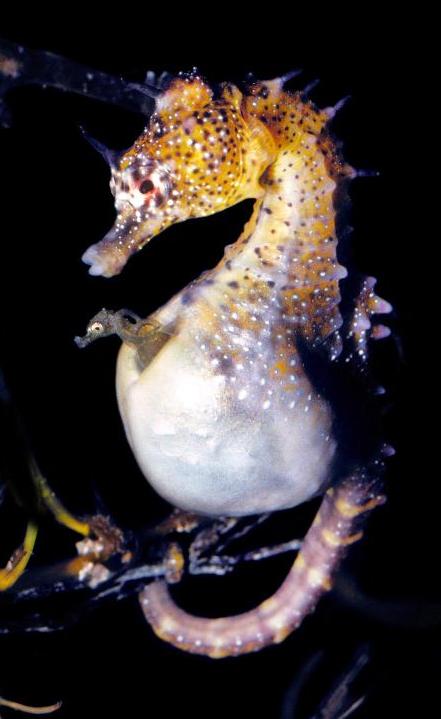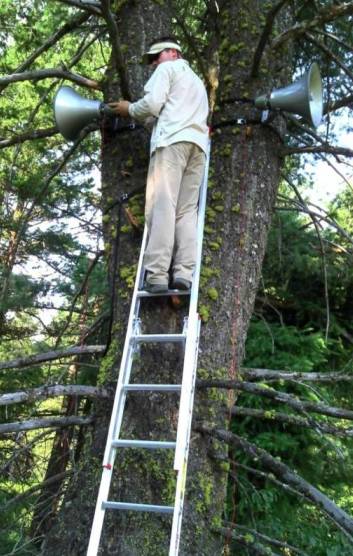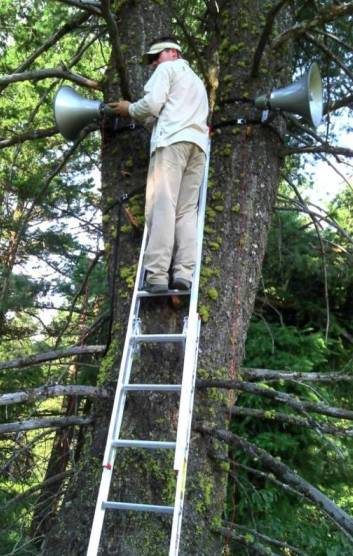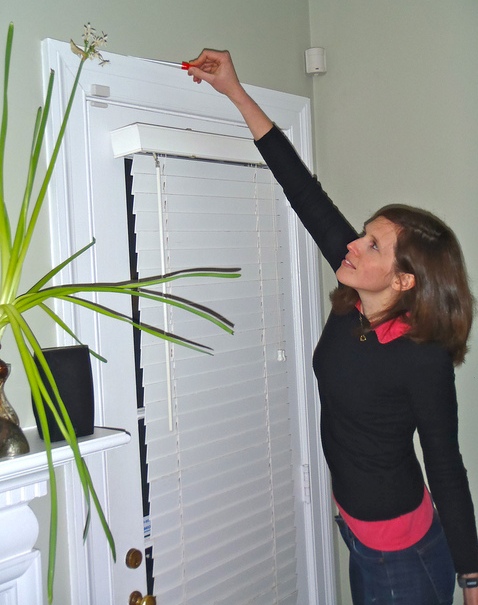MS and Melatonin
Melatonin could explain why MS symptoms change with the seasons.



Genetically male tadpoles could be turning into female frogs because of the plants in your own backyard.

Volunteers go on diets of 6,000 calories per day diet to help scientists figure out the link between excess calories and diabetes.
A sea slug co-opts a seaweed’s chemical defenses and its ability to harvest energy from the sun.
Cells in the immune system follow chemical “breadcrumbs” to find their way to an infection site.


Plants can help remove explosive toxins from land surrounding military sites and conflict zones.

When infected with a fungus, ants know how to get their medicine and how much to take.



The microbes in your household dust can reveal information about your home’s location, who lives there, and even your pets.


Should regulations that limit genetic engineering research be modified to allow GMO trees?

When a familiar place changes, two brain regions work together to update our memories.

Our unique predatory behavior puts other predators, as well as entire ecosystems, at risk.

A book that purifies water could help reduce waterborne illnesses in developing countries.

